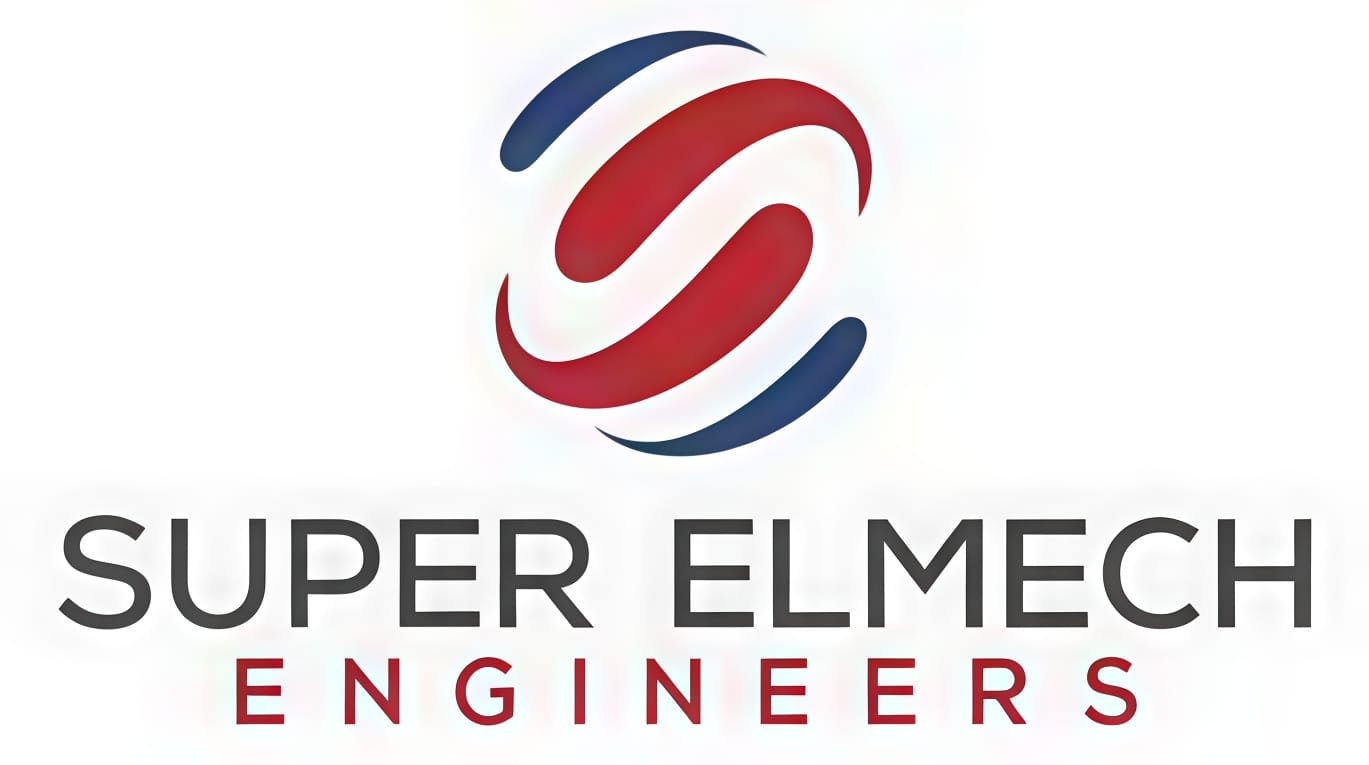Power Control Centers (PCC)
Power Control Centers (PCC)

Power Control Centers (PCCs): Key to Efficient Power Distribution
Power Control Centers (PCCs) are vital components in industrial and commercial electrical systems. They function as centralized power distribution boards that manage and control the supply of electricity to critical equipment such as High Tension (HT) motors, Motor Control Centers (MCCs), and transformers. These systems play a crucial role in ensuring the smooth and safe operation of electrical networks in facilities with high power demands.
PCCs are designed with a compartmentalized structure, which enhances safety and ease of maintenance. This design includes multiple vertical sections, each responsible for monitoring and controlling different electrical parameters. The segregation of components helps in reducing electrical hazards and allows for safe and efficient servicing of individual sections without affecting the entire system.
One of the standout features of PCCs is their high current carrying capacity, which can go up to 6300 Amperes. This makes them suitable for heavy-duty applications where large amounts of power need to be distributed across various electrical loads. Each section of the panel is equipped with metering instruments, protective relays, and circuit breakers to ensure precise control and monitoring of voltage, current, power factor, and energy consumption.
Manufactured from durable materials and built to meet stringent safety standards, PCCs are designed for long-term reliability. They are often used in industries such as manufacturing, power plants, and infrastructure projects where uninterrupted and controlled power supply is critical.
In summary, Power Control Centers serve as the backbone of electrical control systems, offering a reliable and efficient solution for power distribution, monitoring, and protection in complex electrical networks.


